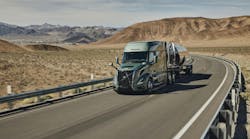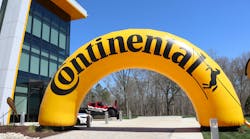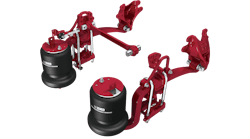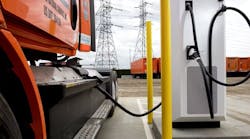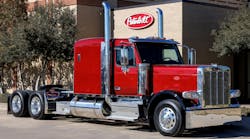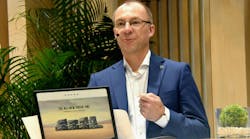Clean Diesel Technologies Inc, Bridgeport CT, and Eaton Corp, Cleveland OH, have announced the companies have entered into a global non-exclusive licensing agreement for Eaton to use Clean Diesel’s patented advanced reagent injector system (ARIS) technology.
The system is used for injection of hydrocarbon fuel in emissions reduction applications, including Eaton’s aftertreatment system. This technology can also be applied to regeneration of diesel particulate filters and lean NOx traps in various global applications.
Hydrocarbon injection is a technology for diesel particulate filter regeneration applications, as well as for NOx absorbers and NOx conversion catalysts. Clean Diesel supplies patented technology enabling both urea-based and alternative selective catalytic reduction (SCR) solutions for fuel-efficient emission control, according to company information.
Both Eaton’s aftertreatment and fuel dosing systems have worldwide application for reducing NOx and particulate matter (PM) emissions from diesel engines. Eaton is targeting NOx and PM control technologies for production in 2011 and beyond in various applications.
Eaton’s aftertreatment system does not require the use of additional urea for NOx reduction. It is an integrated system that meets US Environmental Protection Agency (EPA) and international regulation requirements without the on-vehicle storage, replenishment, and infrastructure a urea-based system requires, according to the information.
Clean Diesel’s ARIS technology is designed for use in all types of combustion engines. Its key advantages include the use of a single emissions reduction fluid to provide injector cooling and the fact that it is easier to manufacture, install and operate than compressed air systems, according to the company information.
